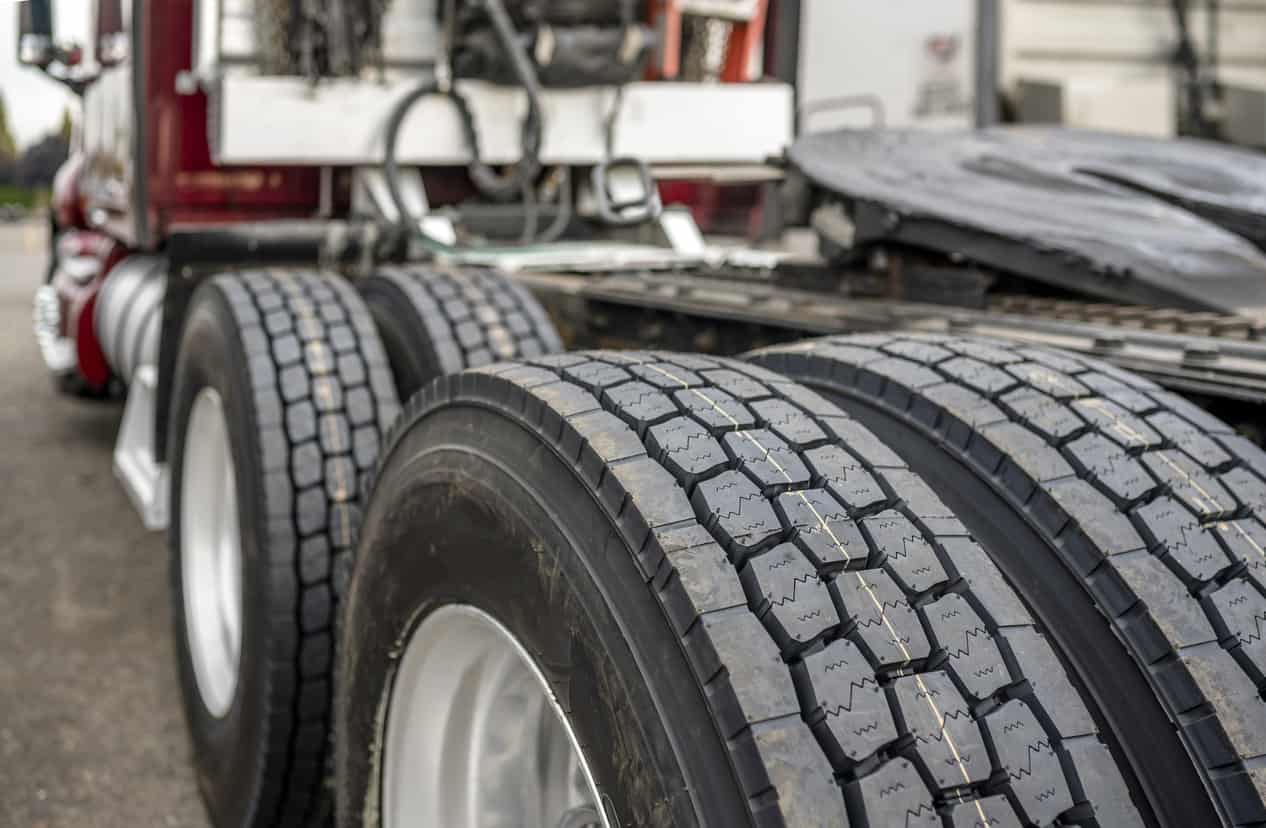5 Symptoms Of An Out Of Balance Wheel You Can’t Overlook
Your vehicle’s wheels represent one of the most crucial elements. They provide mobility and play a significant role in ensuring safety while on the road. Unfortunately, even the sturdiest and most well-made wheels can become unbalanced over time. If you suspect your wheels are out of balance, it is essential to take action immediately to avoid further damage.
However, if you’re unsure how to notice an unbalanced wheel, keep reading. Here, we’ll go over everything you need to know about unbalanced wheels, including their symptoms, FAQs, and more.

Everything You Must Know About Unbalanced Wheels
Unbalanced wheels present different issues drivers tend to overlook; therefore, they go unnoticed until the problem is bigger. Below, you’ll find 5 common symptoms of unbalanced wheels to avoid further damage:
1. Vibrations: If you feel your steering wheel or seat vibrating, it could be a sign that your tires are out of balance. The vibration is caused by the heavy spot on the tire hitting the ground as it rotates. This is an early sign of an out-of-balance tire, so take care of it appropriately.
2. Steering Problems: If your vehicle starts to pull to one side or the other, it may be due to an imbalance. The wheel’s weight on one side is greater than the other, causing it to pull in that direction.
You may also notice that your steering wheel feels heavier than usual or vibrates when you drive. These are all signs that your wheels are unbalanced and need to be serviced.
3. Uneven Tire Wear: One of the most common symptoms of an unbalanced wheel is uneven tire wear. If your tires are wearing down more quickly on one side, your wheels are likely out of balance.
4. Bad Fuel Economy: Unbalanced wheels can also lead to bad fuel economy. The uneven weight on your tires causes your vehicle to work harder, which uses more fuel.
If you notice that you’re filling up your tank more frequently than usual, it’s a good idea to get your wheels checked for balance.
5. Bad Shocks & Bearings: The shocks and bearings on your vehicle play a crucial role in keeping your wheels in balance. Over time, these parts can wear down and cause your wheels to become unbalanced. If you notice that your vehicle is bouncy or shaky, it’s a good idea to have your shocks and bearings checked.
FAQs About Wheel Balancing
How Do Wheels Get Out Of Balance?
There are a few different ways wheels can become unbalanced. The most common way is simply by driving on rough roads. Over time, the vibration from the road can cause the weights on your wheels to shift, causing them to become unbalanced.
Another way wheels can become unbalanced is by hitting a pothole or curb. This can cause the wheel to bend slightly, which throws off balance. If you hit a large enough pothole, it can damage your wheel and require replacement. Lastly, wheels can become unbalanced from simply being old.
When Should You Get Tire Balancing Done?
Getting your tires balanced every 5,000-6,000 miles is generally a good idea. However, this can vary depending on your vehicle type and how often you use it. If you frequently drive on rough roads or hit a lot of potholes, you may need to get your tires balanced more regularly.
Get The Best Internal Balancing Method With ABC Balancing Beads
If you’re looking for a one-time solution for your unbalanced wheels, ABC Balancing Beads can help you. We provide effective balancing beads for tires that will help keep your wheels in balance for the long run. Unlike other balancing methods, our beads are permanent and require no maintenance.
Contact ABC Balancing Beads today for more information on our balancing beads for tires. We look forward to helping you achieve balanced wheels with the best internal balancing method in the market!

Recent Comments